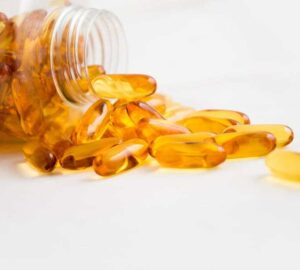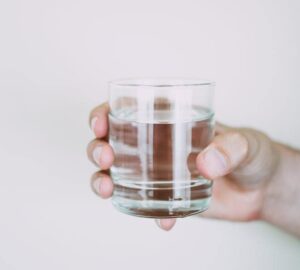Realistically speaking, good nutrition is essential for every athlete since it provides them a stable source of energy, which is necessary for their performance. The kinds of food they eat or the overall diet plan they follow can impact their training, strength, and recovery after an extensive exercise. So, if you’re an athlete and you don’t get enough nutrition from your diet, you’ll more likely to feel tired and perform poorly during a certain sports event.
To avoid this from happening, keep reading this article so you’ll understand how your diet may impact your athleticism.
Balance Of Macronutrients Needed By The Body
If you’re looking for optimal sports performance, it’s important to follow a diet plan that incorporates the essential macronutrients needed by your body. These can include the following:
Carbohydrates
To ensure an active mind and body while performing in a sports event, it’s best to eat a diet with an adequate amount of carbohydrates. This macronutrient is essential as it provides your body with the energy source necessary for every athletic performance.
High-carbohydrate foods will be broken down into glucose. After which, glucose is then converted into glycogen to become a primary energy source during physical activity. However, when your carbohydrate intake is restricted in your diet, you may not be able to produce a good amount of glycogen to fuel your body, compromising your ability to perform well and putting you at risk of illnesses and infections.
That being said, start modifying your diet plan and include foods that are rich in healthy carb sources, such as, but not limited to, brown rice, oatmeal, whole-grain bread, pasta, fruits, and vegetables. That way, you’ll understand how eating healthy may help you have more energy in the long run.
Protein
Another important macronutrient that you should include in your diet is protein. Since it’s considered as the building blocks of your body, it’s also essential for an athlete because it helps muscle growth, recovery, and repair.
Typically, if you’re an athlete, you need to do some strength training and other workouts to build healthy muscles necessary for optimal athletic performance. However, just like other nutrients inside your body, consuming too much protein in your diet may cause calcium loss, dehydration, kidney problems, and even stored body fat.
So, if you’re a swimmer and don’t know what to eat before a swim meet, then you may consume healthy lean protein sources such as fish, lean beef, chicken breast, eggs, and other low-fat dairy products. These protein-rich foods are extremely beneficial for athletes involved in endurance or strength events like swimming.
Healthy Fats
In addition to carbs and protein, you should also include foods that are rich in healthy fats to ensure excellent athletic performance. That’s because adding healthy fats into your diet allows you to have long-lasting energy while your active muscles are quickly burnt through carbs.
However, you should take note that not all fats are good for your body, which is why eating them in moderation is required. For example, you should refrain from eating too much trans-fat and saturated fat, which are usually found in food sources like high-fat dairy products and high-fat meat. These food options may slow down digestion, which isn’t beneficial for athletes.
Calorie Intake
When it comes to sports nutrition, calorie intake is one of the important factors to keep in mind. Generally, a calorie refers to a unit of energy used by the body to fuel physical activities and other related body functions.
For instance, if you require a higher activity level, your calorie requirements should also be higher to produce a stable amount of energy for your body. When there’s an insufficient calorie intake, your body may feel weak and sluggish, which affects your level of athletic performance.
If you want to keep your body physically active for your sports events, be sure to incorporate foods with a high level of calories when establishing your diet plan. These can be a combination of food sources rich in carbs, protein, or healthy fats.
Use Of Nutritional Supplements
Aside from food sources with the right amount of nutrients, you may also include the use of nutritional supplements in your diet. These nutritional supplements are substances you can use to add some additional nutrients that you may not get from your existing diet plan. They often include ingredients such as vitamins, minerals, herbs, meal supplements, natural food supplements, and other sports nutrition products.
By taking these nutritional supplements through a pill, capsule, tablet, powder, or any liquid form, you may be able to boost your sporting performance, which is necessary for an athlete like you. These substances can ensure that your body gets the right amount of nutrients it needs to effectively run all functions while doing physical activity.
However, before using any supplements, it’s important to consult and take the advice of a health professional so you’ll know which supplements can work best for your health. The reason for this is because not all kinds of supplements are beneficial for your body. In fact, the use of vitamins and minerals supplements may be dangerous without the proper supervision of a health professional.
Bottom Line
With the information mentioned above, it’s no doubt that one’s diet can have a significant impact on athletic performance. Having the right amount and balance of nutrients can go a long way in ensuring you perform your best from start to finish. Therefore, if you’re looking for optimal sporting performance, talk to your doctor or dietician to find your nutritional requirements and get the most out of them, giving you a healthy mind and body.




